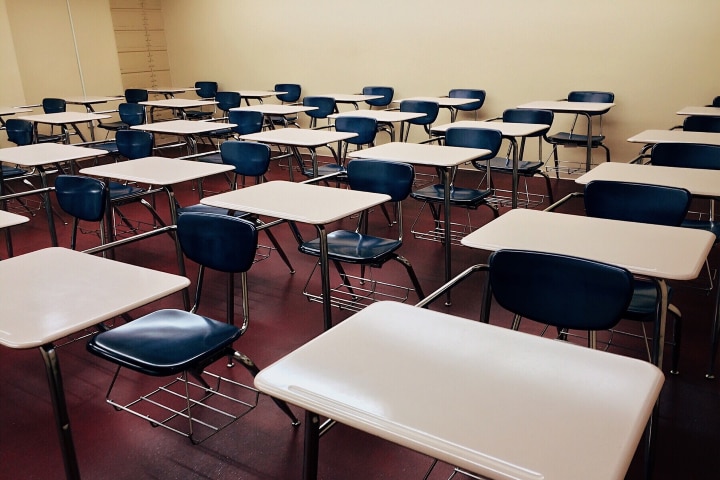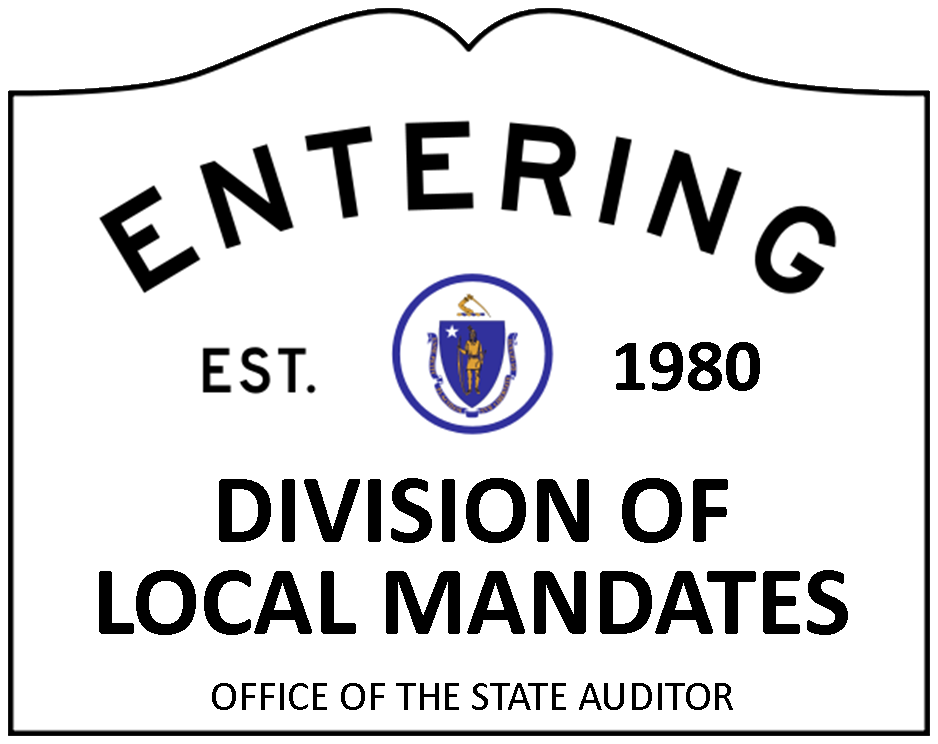- Office of the State Auditor
- Division of Local Mandates
Media Contact
Noah Futterman

Boston — State Auditor Suzanne M. Bump is calling on state leaders to work together to improve the state’s process for providing and paying for educational services for children in foster care. The call comes as part of a study, Educational Services for Students in Foster Care and State Care, released today by Bump’s office.
Bump’s report highlights challenges that strain the current system for providing education services for students in foster care. These include communication and cooperation roadblocks between child welfare and local education staff, confusion caused by federal law, a shortage of transportation resources, increasing demand, and a disproportional impact on resource-constrained communities. In it, Bump lays out steps to improve funding structures, intergovernmental collaboration, and transportation in this realm.
“We have a responsibility to ensure that every student in the Commonwealth has the opportunity to reach their full education potential, but we must recognize the unique challenges faced by students in foster care. Too often, the educational success of these students is hindered by a complex bureaucracy and a lack of resources and expertise, and this burden is particularly acute in low-income communities,” Bump said. “I hope this report will strengthen state government’s resolve to improve educational outcomes for our children in foster care and assist communities that are shouldering the financial burden of dealing with the special emotional and learning needs of these vulnerable students.”
“Due to placement disruptions and a high rate of specialized educational needs, children in foster care face immense challenges in the classroom. The Commonwealth must do everything it can to help these students succeed,” said Mary Bourque, superintendent of Chelsea Public Schools. “As state lawmakers work to revamp the Commonwealth’s education funding formula, I encourage them to use this report as a resource and take action on its recommendations, to ensure children in our state’s foster care system can meet their full academic potential.”
“Teachers and administrators throughout the Commonwealth are committed to meeting the academic needs of students in foster care. Too often, though, their efforts are hindered by an inadequate system of competing laws, regulations, and funding mechanisms,” said Thomas Scott, executive director of the Massachusetts Association of School Superintendents. “This report offers concrete steps the Commonwealth can take to ensure these students’ academic needs remain front-and-center. I look forward to working with Auditor Bump, lawmakers, and our state’s educational leaders to make these recommendations a reality.”
Funding
Providing education services to students in foster care poses a financial strain on school districts that is not offset by local tax revenue or funding from the state. This strain is exacerbated by the difficulty school districts face in budgeting the costs of educating students in foster care, due to the unexpected nature of their placements and their higher-than-average likelihood of requiring costly special education services. In the report, Bump calls on the state to assume the full expense of educational services for students in foster care and state care.
Collaboration
Bump’s report notes that, due to resource constraints and confusion about the requirements of state and federal laws related to the education of children in foster care, education and child welfare officials often struggle to successfully coordinate to meet the needs of these students. To improve this collaboration, Bump calls for:
- The Department of Children and Families (DCF) and the Department of Elementary and Secondary Education (DESE) to collaborate to provide staff training on making placement decisions in the best interests of children;
- Maintenance of a dynamic list of students in foster care and relevant information related to their school placement;
- Implementation of electronic backpacks for students in foster care to ensure schools promptly receive information about the education needs of incoming students. These electronic backpacks would contain important information about the student’s educational record and needs; and
- An improved process for recognizing the past academic achievement of students in foster care who have frequently changed schools, similar to efforts implemented to support children in military and agricultural families.
Transportation
Federal law requires that changes in school placements for students in foster care should be minimized and that, unless otherwise determined, remaining in their original school district is deemed in the best interest of the student. This often requires that school districts coordinate transportation for students in foster care from the district in which they have been placed to the district in which they attend classes. Currently districts are asked to cover these transportation expenses. DCF told Bump’s office that its social workers dedicate significant portions of their time, sometimes as much as 40 percent of their time, transporting children to school or family visits. To address these transportation challenges, Bump calls for:
- The Commonwealth to cover the full cost of educational transportation for children in foster care;
- DCF and DESE to coordinate to receive federal reimbursements for a portion of these expenses;
- Funding to DESE to hire transportation subject matter experts to help school districts implement best practices to reduce these costs; and
- Support for the legislative commission examining school transportation funding.
Since 2012, the number of school-aged children in foster care has increased by 20 percent. At the end of the 2018 school year, Massachusetts had approximately 6,800 public school students in foster or state care. The federal Administration of Children and Families reports that the top reasons for placement in foster care include neglect, parents with substance abuse problems, and caretaker inability to cope. Representatives from DESE shared statistics with Bump’s staff that indicate students in foster care are more likely to attend multiple schools, experience chronic absenteeism and significant discipline incidents, and drop out of school, than the general student population. DESE estimates that approximately 45 percent of students in foster care require an individualized education plan (IEP).
The Office of the State Auditor’s Division of Local Mandates (DLM) produced the study. In addition to responding to requests from local governments about potential unfunded mandates, DLM also produces Municipal Impact Studies, such as this one, that provide deep analysis of aspects of state law that have significant fiscal impacts on municipalities.
The full report is available here.
A one-page summary of the report is available here.
###
